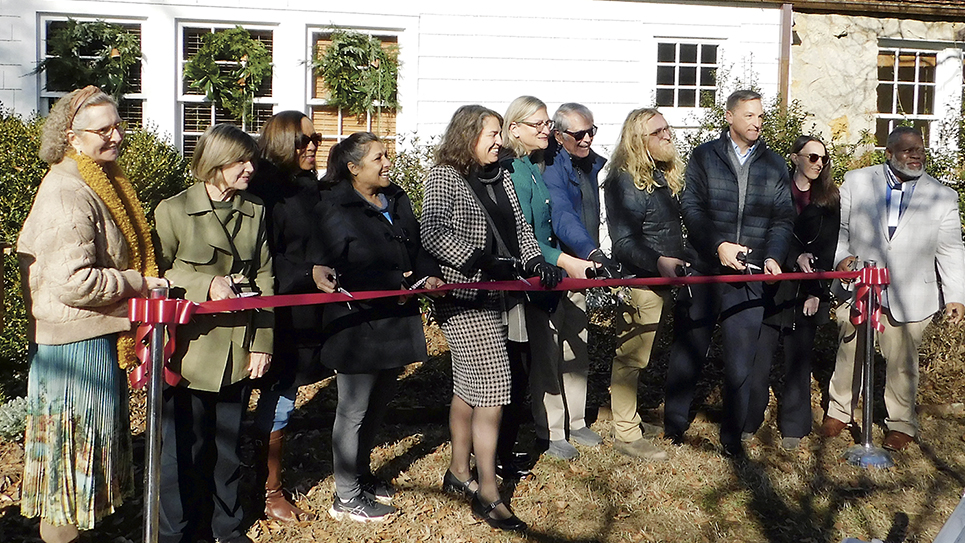On Sunday, October 22, 1989, Jacob Wetterling was riding his bike home from a convenience store where he had gone with his brother Trevor and a friend, Aaron Larson. The boys had gone to rent a video. On the way home, the boys were confronted by a man wearing a stocking mask cap and waving a revolver. The man told the youngsters to throw their bikes in a ditch and then ordered them to lie down face first. The man asked each of them their ages. Jacob and Aaron were each 11 and Trevor was 10. Heinrich told Trevor to run into the woods and not look back or else he would be shot. He did the same with Aaron.
Heinrich handcuffed and drove Jacob Wetterling to a gravel pit, molested and murdered him. Danny Heinrich buried the 11-year-old boy’s body and later returned to move the body when he noticed Jacob’s jacket was exposed. One of the tragedies of this particular case was the fact Heinrich was caught for possessing child pornography, not the murder of Jacob Wetterling. Heinrich did reveal the location of Jacob’s body after almost 27 years of hoping and wondering by his parents. The details as told by Jacob’s murderer were both horrifying and heartbreaking. Forced to strip, Jacob told his captor he was cold and begged to go home. At some point during the horrible ordeal, Jacob Wetterling plaintively asked, “What did I do wrong?”
Danny Heinrich claimed he was panicking and loaded two bullets in his revolver. The gun misfired once, leaving Jacob blinking and terrified before the fatal bullet was fired. Heinrich shot Jacob twice and buried his body. A federal law bearing Jacob Wetterling’s name was passed in 1994, which required states to establish sex offender registries.
The Tennessee State Senate voted earlier this year to pass Senate Bill 561, which had the effect of reducing “the portion of a person’s sentence for first-degree murder that must be served prior to becoming eligible for parole to 60 percent of 60 years if sentenced to imprisonment for life for an offense committed during a certain date or 100 percent of 60 years if sentenced to imprisonment for life without parole.”
Fortunately, this bill, which was sponsored by an ultra-liberal Democrat in the House and a conservative Republican in the Senate, was never passed by the House of Representatives. Tennessee has a functioning Parole Board whose members are more than handsomely compensated, which is precisely where cases should be referred for consideration on an individual basis. Let us also not forget Tennessee’s governor still retains the power to pardon should some mistake have been made in the judicial process or some particular individual deserves it.
There are all too many cases of premeditated murder, horrific incidents of victims being slaughtered. It is ironic if not outright hypocritic for many of the same legislators who support toughening sentencing and criminal penalties for those incidents they label as “hate crimes” are the very same people who want to reduce sentencing in every other instance. I would argue just about any premeditated murder is a hateful crime. Certainly, the murder of little Jacob Wetterling was as hateful a crime as is humanly possible to commit.
I don’t know what ill some of our state legislators were hoping to address by this legislation, but I think the governor’s pardoning power and the scrutiny of an open hearing conducted by the Tennessee State Board of Paroles could address it equally well.
Let’s not forget, a murder affects more than just the person whose life has been taken. The life taken from the dead individual deprives that person’s family of their love, presence and companionship forever. Murder leaves a trail of victims in its vicious wake and the survivors serve a life sentence of grief and suffering until they die. So, too, should those who have taken the life of an innocent person.






